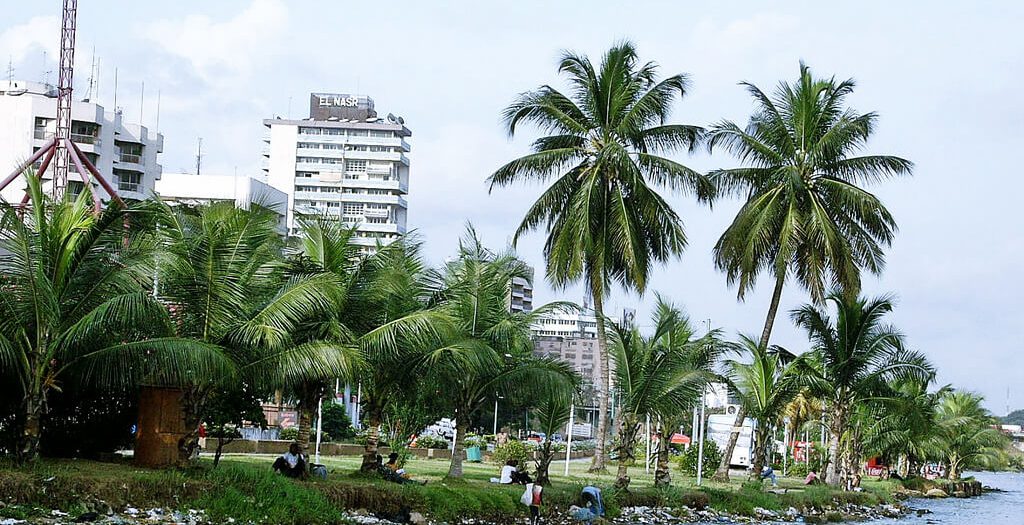By Akanimo Sampson
Côte d’Ivoire does not appear to be relenting with her economic reform drive which aims at making the country a more attractive destination to do business.
The West African country is pushing ahead with reforms to boost Foreign Direct Investment (FDI), which has been on the rise since 2012 but remains low in relative and absolute terms compared to other countries in the region.
Also, FDI is highly concentrated in Abidjan and significant economic and social inequalities exist both between urban and rural areas and between the economic capital and the rest of the country.
Chief of the United Nations Conference on Trade and Development’s (UNCTAD) Investment Policy Reviews Section, Chantal Dupasquier, said: “The reforms undertaken by the government so far as part of the country’s national development plans are commendable, but more needs to be done.”
Investment policy review
The Ivorian government requested UNCTAD to conduct an Investment Policy Review (IPR) of the country as part of its reform agenda to improve the business environment.
UNCTAD organised a national workshop to discuss a draft of the IPR in Abidjan on November 25, bringing together over 100 stakeholders from public, local and foreign private sectors and academia, as well as development partners.
The IPR proposes an approach to move in the direction of sustainable and inclusive long-term growth.
Previously, reforms were driven initially by the urgency of reconstruction and rehabilitation of public infrastructure and services after a series of socio-political crises that ended in the country in 2011. Since then, the country has achieved an annual average gross domestic product growth of 8 percent.
The IPR focuses on attracting more investment, increasing the value addition derived from it, and ensuring that it is distributed more evenly within the country to address the most pressing development issues facing Ivorians.
It analyses, based on the UNCTAD investment policy framework for sustainable development, critical regulatory instruments, including but not limited to access to land, taxation, intellectual property and governance, to further improve the framework for investment.
It also proposes to strengthen competitiveness through a series of measures aimed at infrastructure, human resources and entrepreneurship.
Recognising that FDI to Côte d’Ivoire had steadily increased since 2012, the IPR confirms that foreign investors were historically attracted to the country’s agricultural resources (top world exporter of cocoa).
The IPR, however, also underlines that increasingly, investors are also attracted by the local market prospects, including an improving domestic purchasing power and changing consumption patterns.
The country’s role as a hub to the regional market is also emphasized through the presence of several regional headquarters of foreign affiliates.
Most recently, Swiss Re installed its regional base, Nestlé has its regional research and development centre and some companies, notably in the tuna sectors, have their global productions in the country.
The private sector had a key role in the country’s renewed dynamism with many foreign affiliates restarting their operations quickly after the crises that ended in 2011.
The international presence of the private sector adds to the engagement of the international community.
For instance, the African Development Bank reinstated its regional headquarters in Abidjan in 2014 and the city became the headquarters of the International Cocoa Organization in 2017.
Enhancing the reform agenda
The Ivorian Minister in charge of the Promotion of Private Investment, Emmanuel Esmel Essis, said the recommendations of the IPR will help enhance the government’s economic reform agenda.
For a representative of the United Nations Resident Coordinator in Côte d’Ivoire, Tidiane Boye, “the IPR represents an important tool to achieve the Sustainable Development Goals in the country and will enable Côte d’Ivoire to attract higher levels of FDI.”
Discussions on the IPR reflected the importance of investment issues in the country. Representatives from the private sector as well as academia highlighted the relevance of the report, especially for the development of the local private sector.
The country at a critical juncture
Participants agreed that the country is now at a juncture and that deeper structural reforms are needed to fully tap its huge economic potential.
To this end, the discussion at the workshop highlighted the need for strengthened institutional coordination as this remains an important challenge to overcome.
This will also be key to effectively implementing the IPR’s recommendations which touch upon a range of areas that have an impact on investment.
In addition, a more strategic, proactive and coordinated approach to investment promotion is needed to accompany the implementation of the IPR’s recommendations.
The national IPR discussion set a base from which to build upon and move forward with the aim for the stakeholders to appropriate the IPR’s recommendations and adopt a coherent approach to strengthening the country’s investment climate.
Over the last 20 years, UNCTAD has completed IPRs for more than 50 developing and transition countries and helped in the implementation of the IPRs’ recommendations.
Studies show that IPRs have helped countries attract more FDI and, by improving their business climate, reap more benefits from it.

